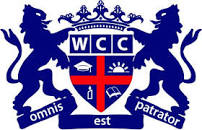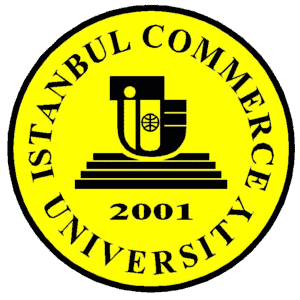At A Glance
Course Title
MA International Relations and World Order
Course Type
Full Degree
Course Level
Postgraduate
Study Method
Distance Learning
Start Date
March / September
Course Duration
12 – 24 months
Awarded By
University of Central Lancashire
Course Description
Course Content
This module critically examines the means by which the West maintains its concept of Order. It will begin by considering the relationship between order and justice in international relations before moving on to consider the idea of a ‘New World Order’ and assessing its originality. The position of the United States as the sole superpower after the Cold War will be examined and the ability of the US to imprint its model of Order globally will be evaluated. The module will analyse the way Western interests are upheld through concepts of security, the international economic system and international institutions such as the United Nations. A variety of challenges to this Western concept of order will be examined, including those from other parts of the world as well as from various parts of the academic community.
This module provides a critical survey of the main theories associated with the study of international relations, from ‘orthodox’ approaches such as Realism and Liberalism to more radical theories including Marxism, Postmodernism and Gender-based approaches. The module is primarily concerned with the varying theoretical explanations for why things happen in international relations. It will discuss the general properties of IR theory and its evolution since the foundation of the discipline of International Relations after World War One, along with a focus on the significance of, and relations between states and non-state actors, and the impact of the international structures that constrain and direct the actions of these actors. The module will also relate the study of IR theory both to wider theoretical debates within the social sciences, and to developments in contemporary history.
Choose two option modules from:
- American Interventionism after the Cold War
- Democracy and Legitimacy in the European Union
- Diplomatic Systems
- Intelligence: Key Concepts and Debates
- International Security
- The Art of Negotiation
- The International Politics of Protection
- EU Enlargement and Democratic Consolidation in Post-Communist Europe
- The Politics of Human Rights
- Strategy in the Modern World
- Governance and Corruption
- The Politics of European Integration
- Euroscepticism
- The Politics of Conflict and Violence
- Gender in Global Perspective
- The Politics of Modern Global Nuclear Order
- The Politics of Violent Conflict and its Legacies in Northern Ireland
- Europe as a Global Actor
- Political Economy of International Development
Study Method
Course Fees
Entry Requirements
- 2:1 degree or its equivalent in Politics, History, International Relations or other related subjects.
- Equivalent relevant professional experience will be considered.
Enrol Now
This degree programme has intakes in March & September. Click the Enrol Now button and share your information so that one of our Academic Advisors will get in touch with you promptly.





